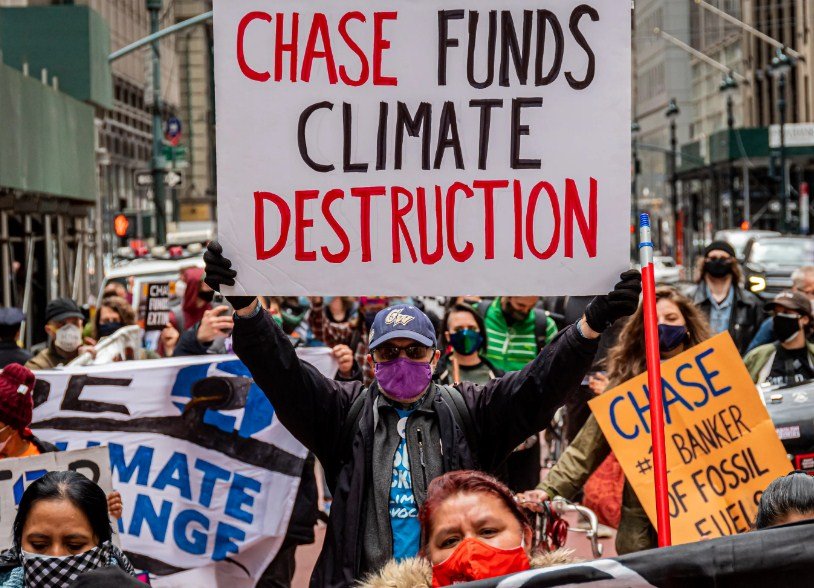Report finds 70% increase in greenwashing incidents by financial institutions
A report released on Tuesday by an environmental, social and governance (ESG) data firm has revealed that the number of instances of greenwashing by banks and financial services companies around the world rose 70% in the past 12 months from the previous 12 months. Greenwashing involves an organisation making misleading sustainability related claims to investors or consumers, usually to boost its reputation and bottom line.
The report, based on data from RepRisk, recorded 148 cases from the banking and financial services industry globally in the 12 months to the end of September 2023, up from 86 during the previous 12 months. Of the 148 cases, 106 were by European financial institutions. The report also found that over 50% of these climate-specific greenwashing risk incidents either mentioned fossil fuels or linked a financial institution to an oil and gas company.
The report comes at a time when regulators and investors are increasingly scrutinising the ESG credentials of financial institutions, especially in light of the upcoming COP26 summit in Glasgow, where world leaders are expected to commit to more ambitious climate action plans.
Examples of greenwashing by banks
Some of the examples of greenwashing by banks and financial services companies cited in the report include:
- A German bank that claimed to be a leader in sustainable finance, but was found to have financed coal projects worth over $3 billion since the Paris Agreement was signed in 2015.
- A British bank that announced a net-zero ambition by 2050, but continued to provide loans and underwriting services to fossil fuel companies, including those involved in tar sands extraction and fracking.
- A French bank that launched a green bond fund, but invested in bonds issued by oil and gas companies that had no clear environmental benefits or alignment with the Paris Agreement goals.
- A Swiss bank that marketed itself as a pioneer in sustainable investing, but was exposed for having invested in companies that violated human rights, environmental standards and anti-corruption laws.
Implications and challenges of greenwashing
The report warned that greenwashing could have serious implications for both the financial institutions involved and the society at large. For the financial institutions, greenwashing could lead to reputational damage, regulatory fines, legal actions and loss of trust from customers and investors. For the society, greenwashing could undermine the efforts to tackle the climate crisis, as it could create a false sense of progress and divert resources away from genuine solutions.
However, the report also acknowledged that there are challenges and complexities involved in defining and measuring greenwashing, as there is no universally agreed standard or framework for assessing the ESG performance of financial institutions. The report suggested that more transparency, disclosure and accountability are needed from both the financial institutions and the regulators to ensure that ESG claims are backed by credible evidence and actions.
How to avoid greenwashing
The report offered some recommendations for both financial institutions and consumers to avoid greenwashing and promote genuine sustainability. For financial institutions, these include:
- Adopting clear and consistent definitions and criteria for ESG products and services
- Aligning ESG strategies and targets with science-based scenarios and international agreements
- Disclosing ESG risks and opportunities in a comprehensive and comparable manner
- Engaging with stakeholders and experts to ensure ESG claims are relevant and credible
- Implementing robust governance and oversight mechanisms to monitor and verify ESG performance
For consumers, these include:
- Doing research and due diligence before investing or buying ESG products or services
- Asking questions and seeking clarifications from financial institutions about their ESG claims
- Checking independent sources and ratings to verify ESG performance
- Supporting initiatives and campaigns that advocate for more transparency and accountability in ESG reporting
- Reporting any suspected or observed cases of greenwashing to relevant authorities or organisations

